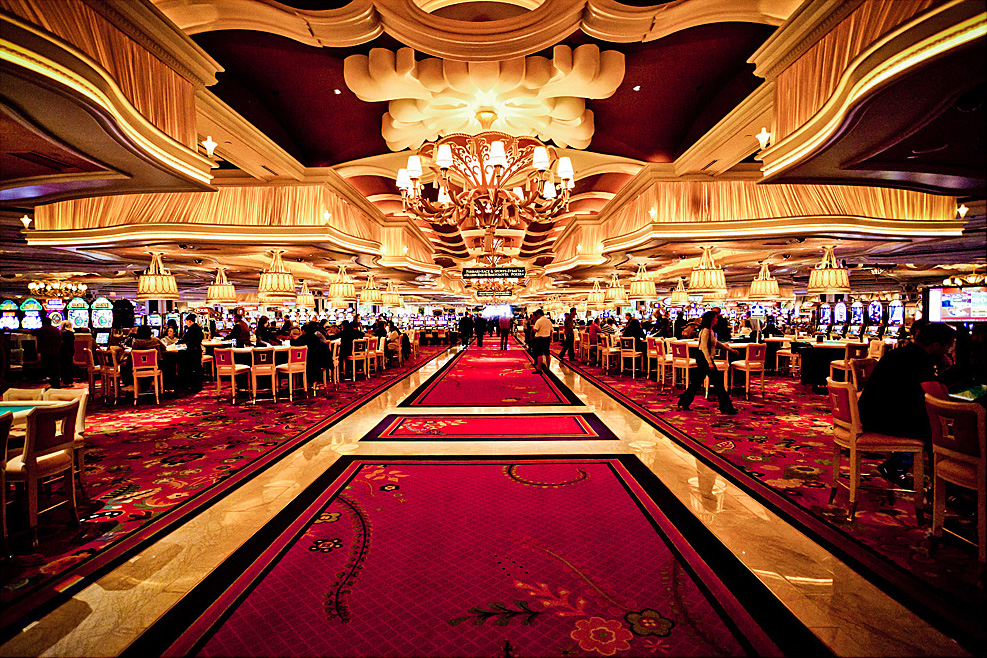Casino games have long captured the fascination of individuals around the world, becoming an important part of both leisure and tradition. From the shimmering lights of Nevada to the captivating experience of internet gambling, these experiences evoke thrill, risk, and sometimes even a sense of nostalgia. They are not just just entertainments; they have woven themselves into the fabric of human experience, influencing various aspects from film and melodies to style and literature.
The allure of casino games goes beyond the gambling aspect, tapping into wider themes of fortune, risk, and psychology. As players gather around a card table or turn the roulette wheel, they engage in an age-old ritual that echoes with our shared desire for excitement and instability. This captivation has led to the growth of numerous references in films, songs, and electronic games, showcasing how deeply entrenched these games are in mainstream culture. Whether it is the pressure of a classic heist movie or the colorful nightlife portrayed in videos, casino games have created a substantial role that reflects our connection with risk and reward.
Cultural Impact of Casino Activities
Casino activities have played a crucial role in social contexts throughout the ages. 100VIP Originating from old societies, forms of chance were often linked to ceremonies or events. For instance, early forms of gambling can be traced back to ancient China and the Roman Empire, where dice games and wagering on results were popular pastimes. These games not only functioned as entertainment but also as methods of connecting people, facilitating connections among individuals within communities.
As cultures evolved, so did the complexity and structure of gambling games. The creation of formal casinos in the 17th century, particularly in the Italian region, marked a significant shift in how games were perceived and organized. With specific spaces for gambling, the casino became a community center where patrons from various backgrounds convened. This change contributed to the validation of gambling, transforming it from a mere pastime into an established industry that influenced the economy and policy.

The effect of gambling activities on mainstream culture cannot be overlooked. As they were popularized in literature and movies, games such as Texas Hold’em and blackjack became symbols of risk, luck, and strategy. Famous figures and narratives have emerged around these activities, reflecting societal views towards luck, wealth, and vice. This interest with casino games has permeated various forms of media, solidifying their status in the collective consciousness and connecting them to wider cultural narratives throughout history.
Portrayal of Gambling Activities in Media
Casino games have long been a popular topic in different types of entertainment, reflecting both the excitement and nuances of gambling culture. Movies such as Ocean’s Eleven and Casino Royale portray figures who navigate dangerous scenarios, showcasing not only the appeal of the casino atmosphere but also the strategies and choices that come with playing popular games like Texas Hold’em and blackjack. These movies often dramatize the excitement of winning and the potential repercussions of losing, encapsulating the risks involved in betting.
Television shows have also explored the realm of casino games, often integrating them into the storyline as a backdrop for character development and drama. Shows like Las Vegas depict the lives of gambling employees and patrons, highlighting the dynamic, often tumultuous energy of the gaming floor. Reality shows featuring intense betting contests further emphasize the appeal of gambling activities, drawing viewers into the excitement and strategy involved in each session. Through these depictions, media not only entertains but also prompts conversations about luck, expertise, and the nature of randomness.
Digital games have increasingly included casino games into their design, allowing players to simulate the feeling of gambling without financial risk. Titles within the landscape of online gaming often include online slot machines, online poker, and other popular casino games, creating an immersive gameplay that mirrors traditional gambling. These digital representations make gambling activities accessible to a broad demographic, appealing to both gamblers and those who enjoy the rush of virtual experiences. As a result, the portrayal of casino games in entertainment continues to shape societal views and cultural significance, highlighting their role in society and the cultural landscape.
Impact of Gambling Activities on Society
Casino games have a meaningful effect on society, affecting multiple facets of culture and interpersonal behavior. They often function as a platform for community engagement, where people come together to enjoy a common activity. Casino trips with friends or trips to casinos become group events that build connections and create shared moments. This communal aspect enhances the fun value of casino games, making them a popular choice for festivities and leisure activities.
Moreover, casino games have been portrayed in numerous films, TV series, and literature, influencing views and attitudes towards gaming and betting. Icons like James Bond playing baccarat or the intense poker scenes in films have cemented these games in the shared imagination. This representation often idealizes the culture associated with casino activities, drawing in new players and impacting trends in both fashion and conduct. These portrayals can spark curiosity and lead to a deeper exploration of the nuances of gaming.
However, there are also negative consequences linked to the widespread appeal of gambling activities. The temptation of quick monetary gain can lead to gambling addiction and financial troubles for some people. Society must grapple with these issues, promoting responsible gambling and education of the risks involved. Finding a balance between the fun aspect of gambling activities with the potential for harm is vital to ensure that they continue to be a beneficial aspect of our cultural landscape.